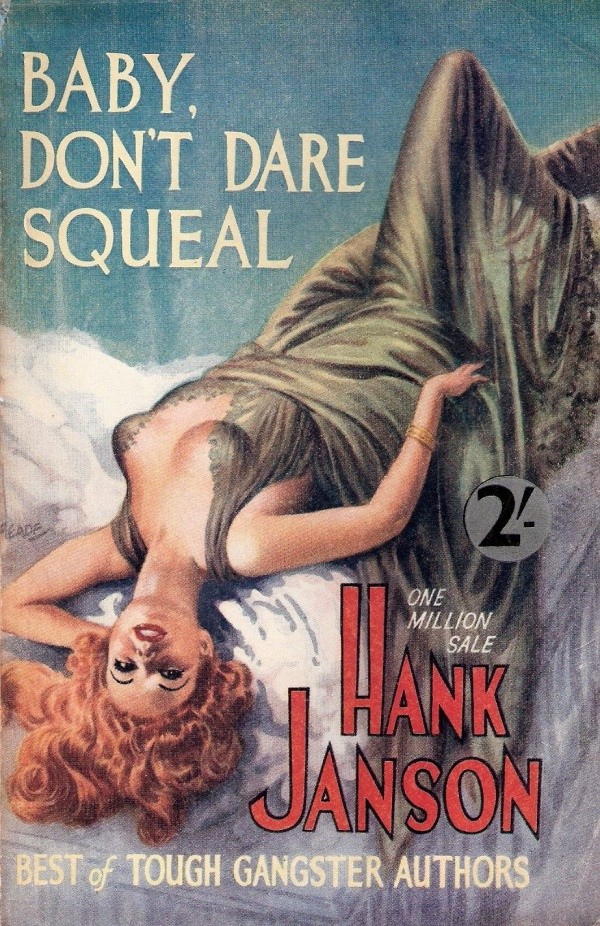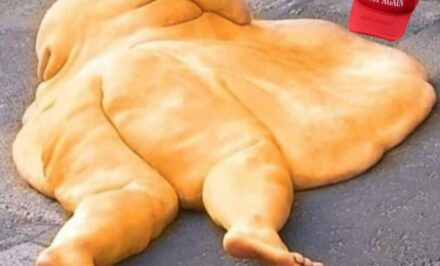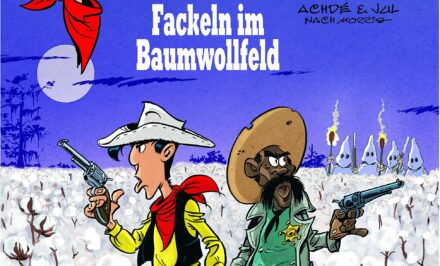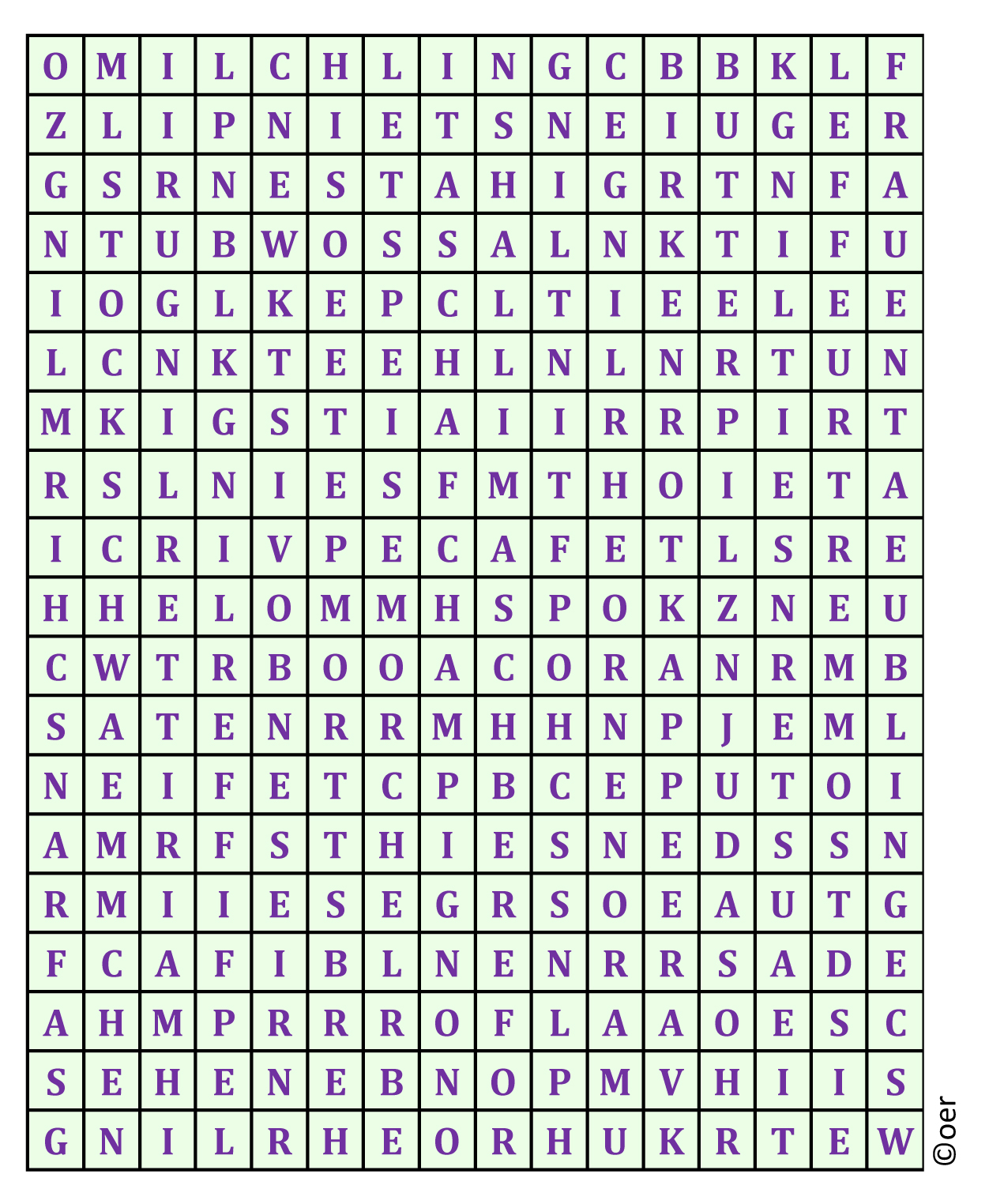Pulp Fiction
John Harvey über seine Anfänge als Pulp-Writer.
Für CrimeMag hatte der Autor der hochgeschätzten Charlie-Resnick-Romane schon einmal über seine Vergangenheit als Verfasser von hardboiled Western Auskunft gegeben. Siehe: „Erst Western, später Kriminalromane“ (hier). Nun stellt sich heraus, dass das alles noch viel „schlimmer“ war. Nämlich echte Pulp Fiction von A-Z.
 I’ve been thinking quite a bit about pulp fiction lately; not the Tarantino movie, but the kind of racy if flimsy paperback stuff I began by writing and, long before that, enjoyed the frisson of reading.
I’ve been thinking quite a bit about pulp fiction lately; not the Tarantino movie, but the kind of racy if flimsy paperback stuff I began by writing and, long before that, enjoyed the frisson of reading.
I suppose what got me started thinking back along these lines was the recent interview by Michael Carlson and Mark Billingham on Crime Vault Live, in the course of which Mike referred to me as one of the last surviving exponents of British pulp, which, if you discount whatever’s being written today and concentrate on the heady pulp years of the 70s and early 80s, might, sadly, be true. Those were the years of Richard Allen’s incredibly successful Skinhead (NEL, 19070) and Suedehead (NEL, 1971), Guy Smith’s Night of the Crabs ( NEL, 1976) and George G. Gillman’s incredibly successful western series, Edge, the first four of which (yes, four)were all published, again by New English Library, in 1972.
Little of this is quite what it seems. Richard Allen was one of many pen names for James Moffat, who wrote some 18 Skinhead novels in all, plus many, many others, including the wonderfully improbable Diary of a Female Wrestler, written as Trudi Maxwell (NEL, 1976). George G. Gillman is actually Terry Harknett, who wrote close on 200 books, using around a dozen other pen names, and, thankfully is still very much alive somewhere in Dorset.
It was into this world that, guided by my friend and fellow author, the late Laurence James – an editor at New English Library before ‘retiring’ to write himself – I took my initial, less than certain, steps with the publication, by NEL, of course, of Avenging Angel in 1975, the first of two biker books under the name of Thom Ryder.
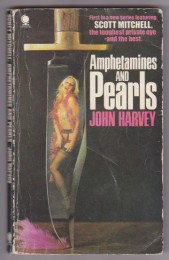
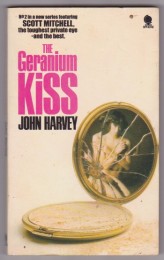 It was to be a year before I turned to crime with Amphetamines and Pearls (Sphere, 1976), the first of four Scott Mitchell private eye novels published under the watchful editorial eye of the late Angus Wells, with whom I later went on to co-write several series of westerns. The Scott Mitchell books were an attempt to marry a hard-boiled American style with a recognisable British setting, the success or otherwise of which can be judged when they are republished in paperback and ebook formats by Mysterious Press later this year.
It was to be a year before I turned to crime with Amphetamines and Pearls (Sphere, 1976), the first of four Scott Mitchell private eye novels published under the watchful editorial eye of the late Angus Wells, with whom I later went on to co-write several series of westerns. The Scott Mitchell books were an attempt to marry a hard-boiled American style with a recognisable British setting, the success or otherwise of which can be judged when they are republished in paperback and ebook formats by Mysterious Press later this year.
As I pointed out in the books’ introduction, the genesis of the Mitchell series lay, not just in the Chandler and Hammett titles I’d read and re-read in my late teens and early twenties (and many times since), but also in the hard-boiled – and mostly fake – American crime fiction I’d lapped up earlier. English author, Peter Cheyney’s novels with titles like Dames Don’t Care, featuring FBI agent Lemmy Caution or private eye Slim Callaghan, or the Hank Janson series written by another Englishman, Stephen Daniel Frances, which fell open at the ‘dirty bits’ when they were handed round the school playground.
For years, I resisted the temptation to let the Scott Mitchell books back out into the world , but finally I’m happy to welcome their coming reappearance in shiny new covers. We all had to start somewhere.
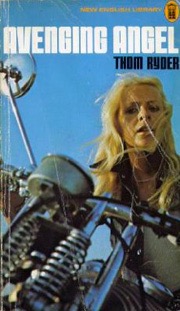 My Life as a Jobbing Writer: Beginnings
My Life as a Jobbing Writer: Beginnings
Somewhere back in 1974, when I was still teaching English & Drama at a secondary school in Stevenage, my friend, the late Laurence James, who, since our days at Goldsmiths College, had forged for himself a successful career as a writer of what we both were happy to call pulp fiction, suggested I might help him out of a bind, and do myself a favour at the same time, by stepping temporarily into his shoes and writing the 50,000 word novel about Hells Angels his publishers were expecting.
Strange, but true.
Laurence had been writing a series of biker books for New English Library under the name of Mick Norman but at that moment in time was too busy with other projects to give NEL another – and, even though I’d never actually written any fiction, he thought I might just be up to the task. I taught English and I read a lot. Surely I could write?
He gave me his Mick Normans to read, explaining they were close to westerns but with bikes instead of horses.[We were to write a good number of westerns together later.] I went out to W H Smith (this is true) and bought a little handbook on Hell’s Angels and their ways. (Oh, and I forgot to mention this, at the time I was the proud owner of a Honda 50.) Laurence helped me put together an outline; read my first few chapters with an editor’s pen in hand, and I was on my way …
The result was a 128 page paperback, Avenging Angel, by one Thom Ryder, published by New English Library in March, 1975.
Zur Website von John Harvey hier. Informationen zu seinen Büchern hier. Eine CrimeMag-Besprechung von „darkness, darkness“, Harveys letztem Resnick-Roman, der in diesem Herbst (endlich) auf Deutsche erscheinen wird, findet sich hier.

